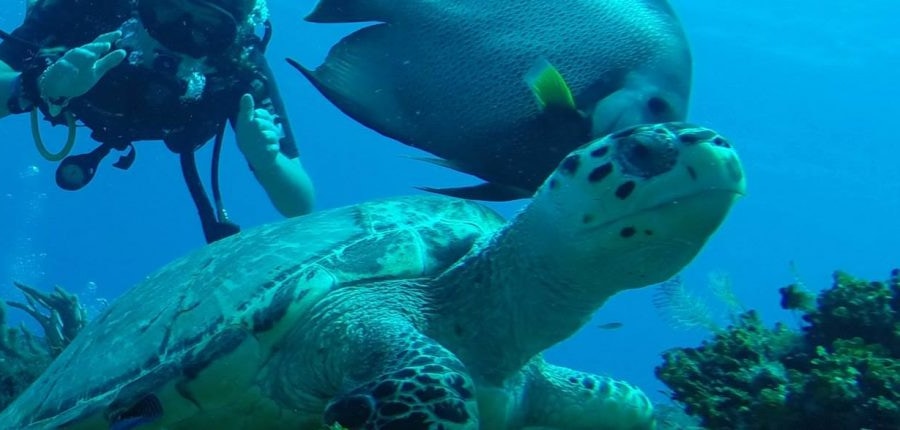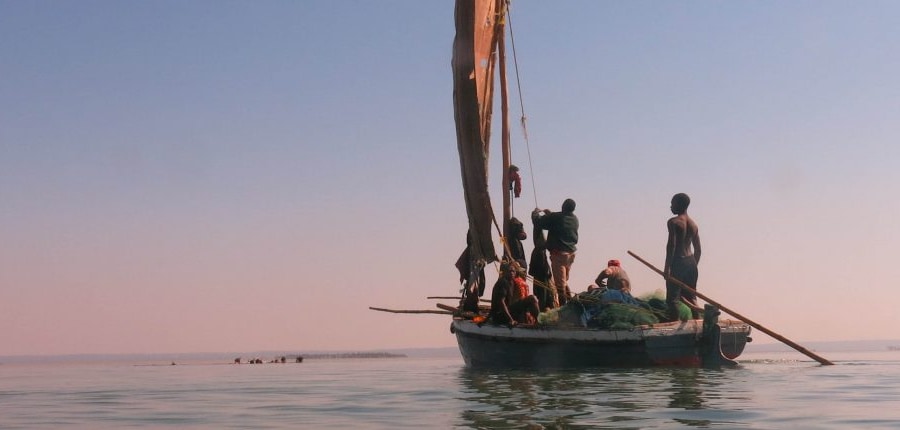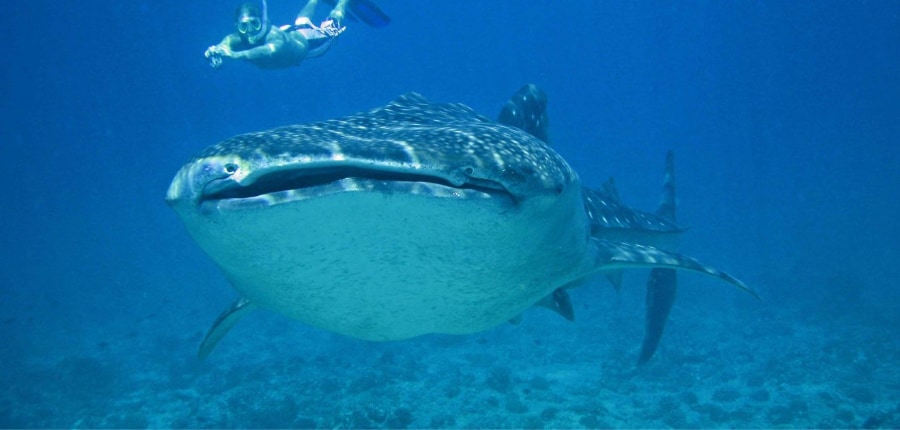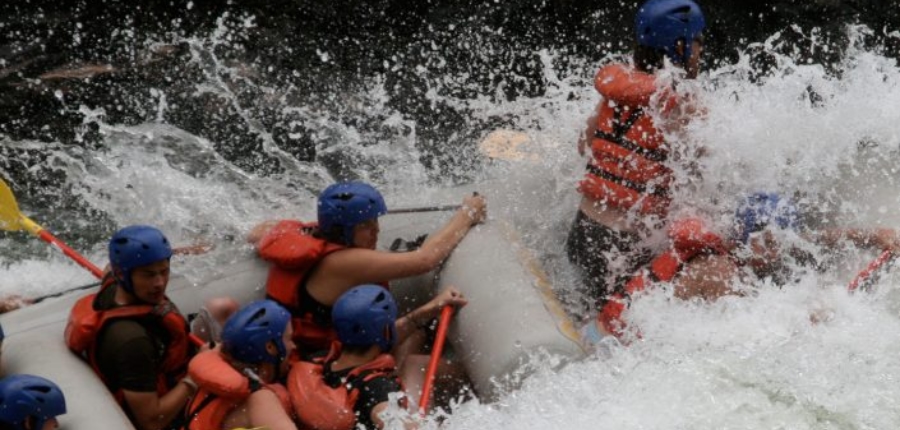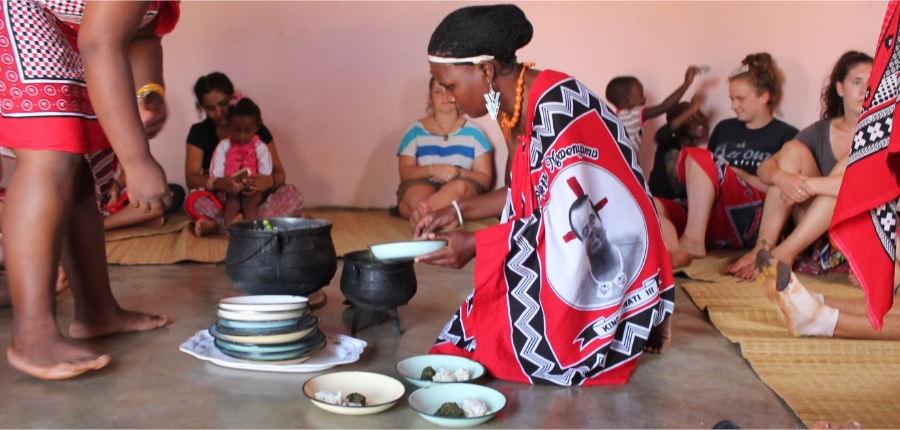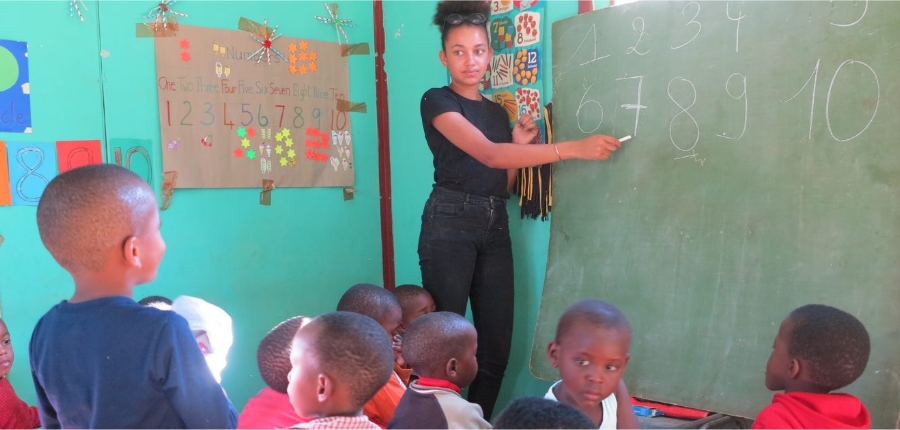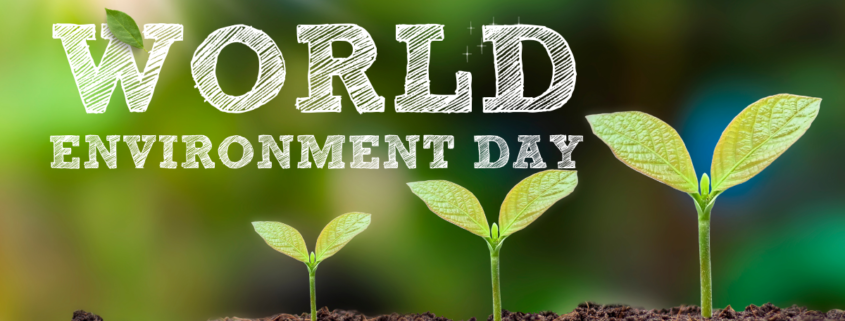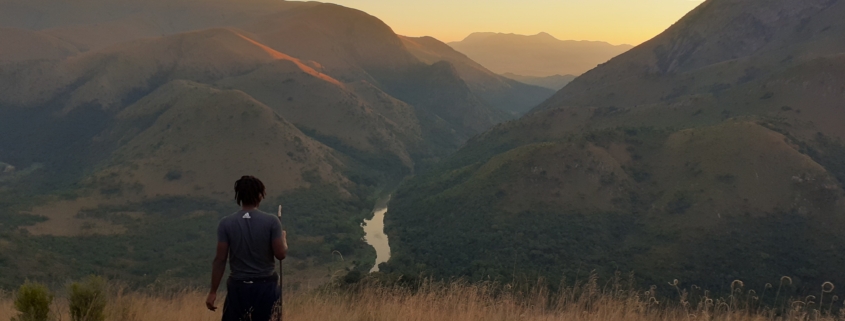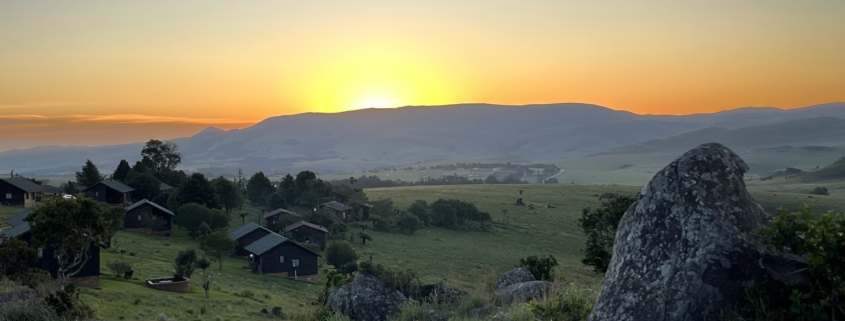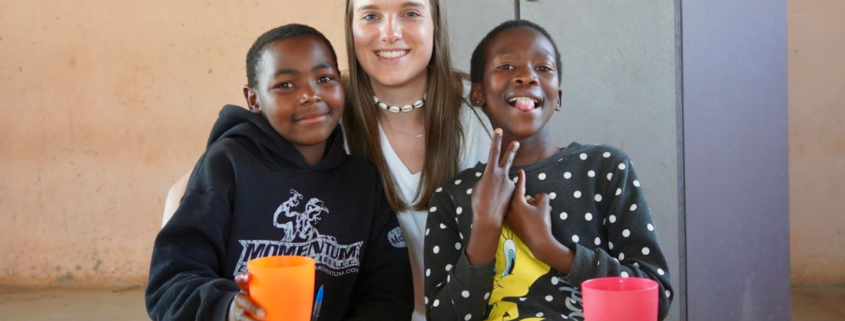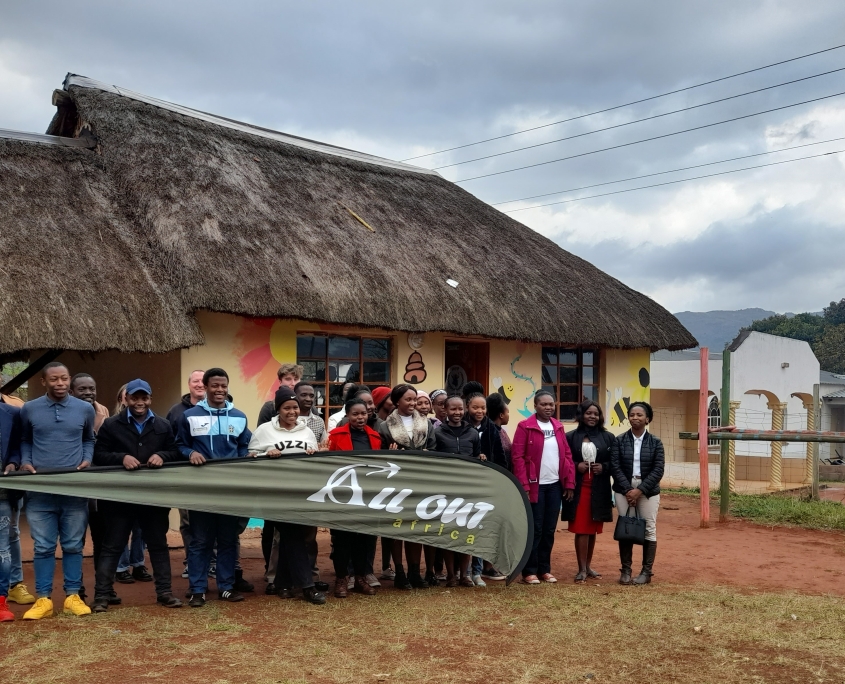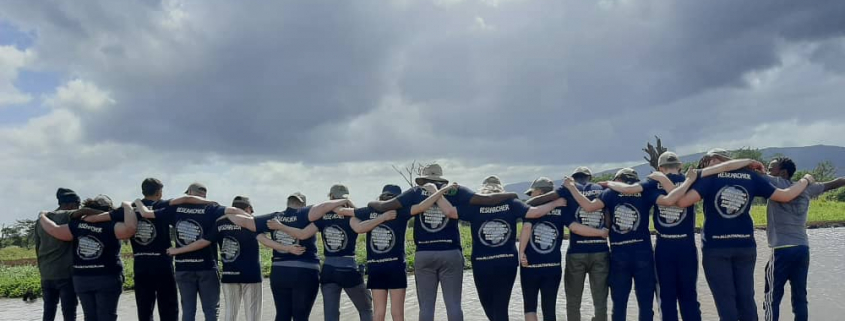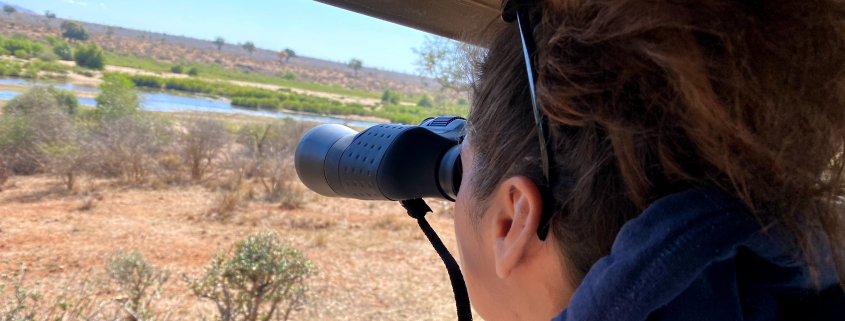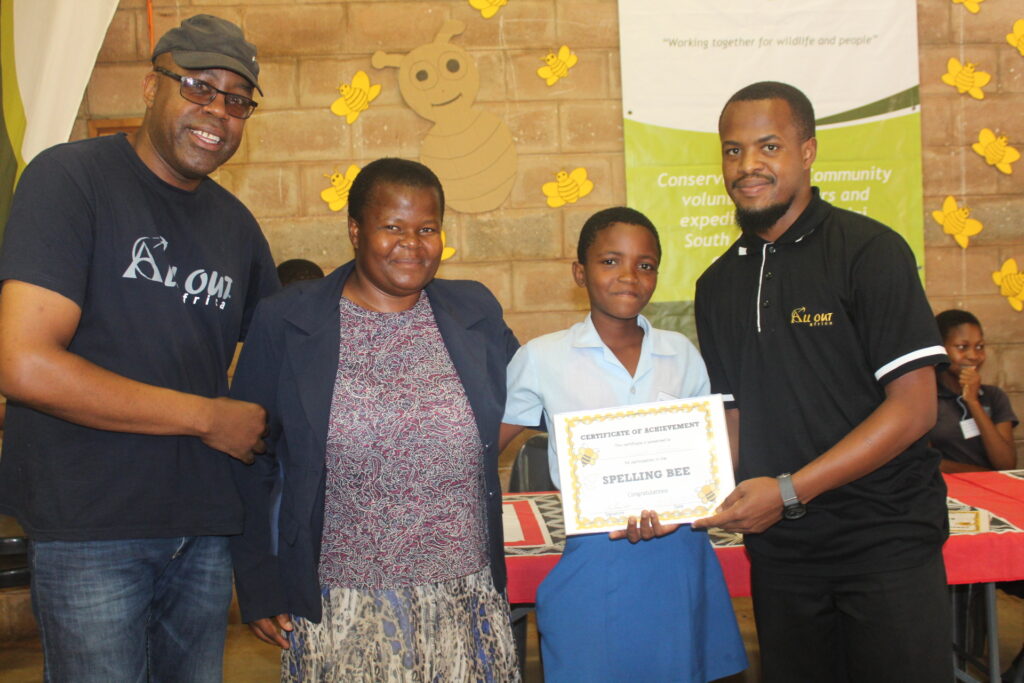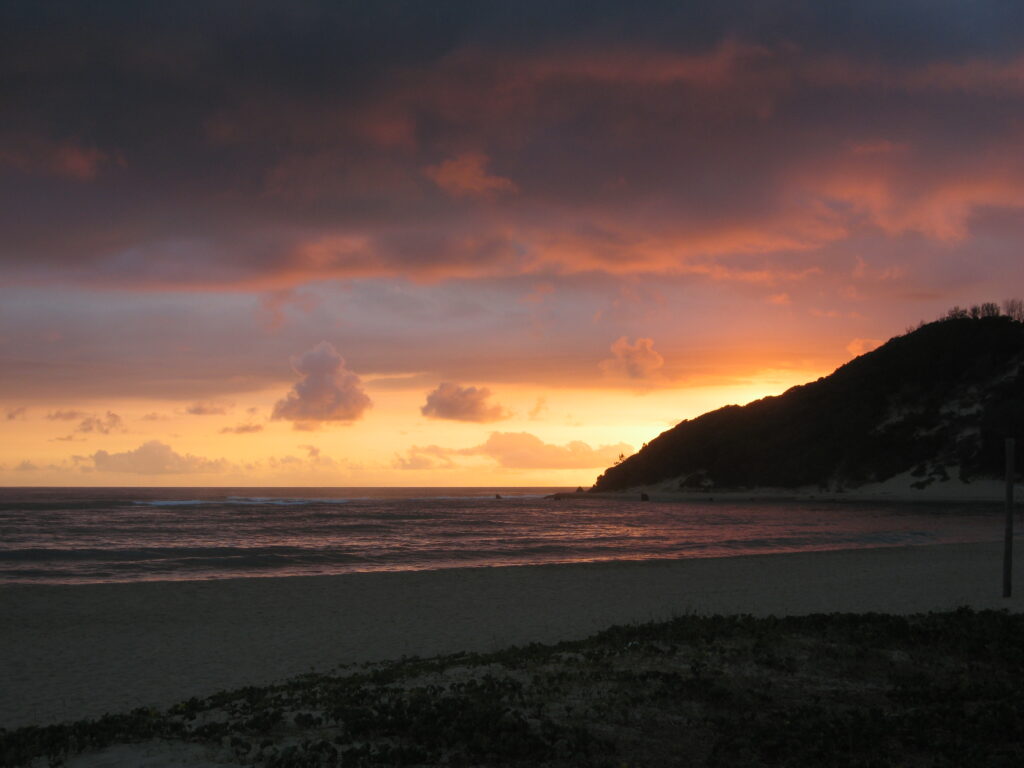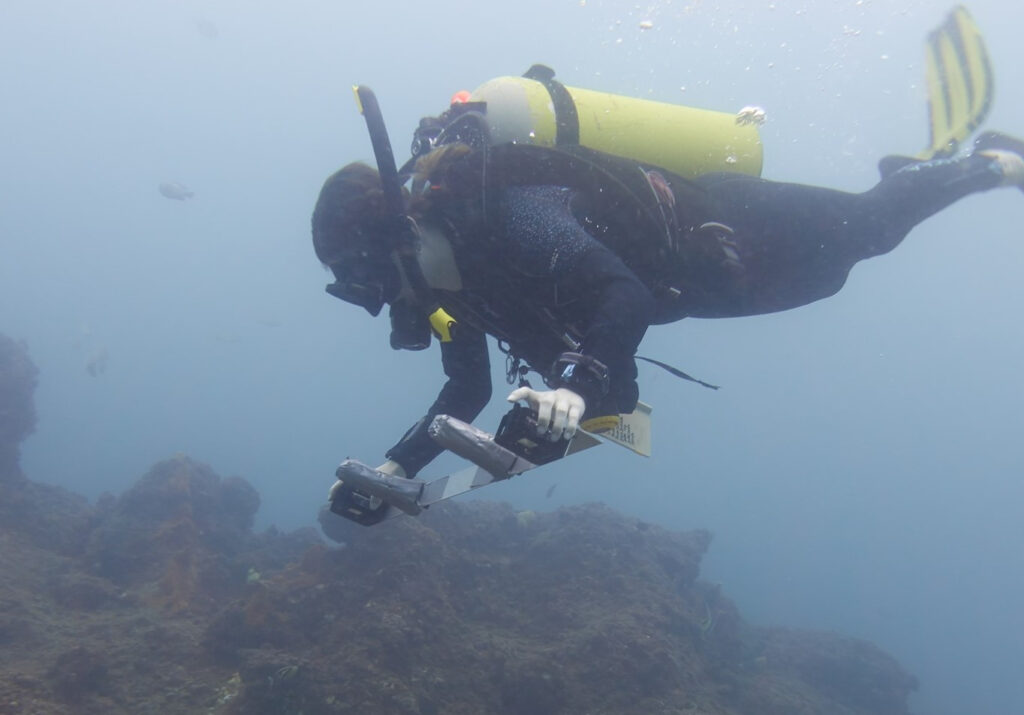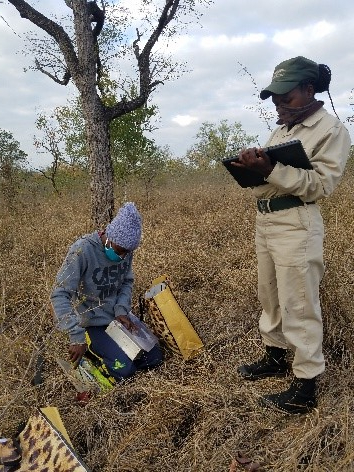“Ecosystem services” is a fancy word for the benefits people get from nature. These benefits are often overlooked because they have always been there and are a part of everyday life. Clean air for example, or clean water, or insects that pollinate our crops. Usually, we take these for granted until they are suddenly no longer available. When this happens, for example when rivers become polluted, the impacts can be far-reaching and the costs of redressing them can be huge. So it’s an important topic.
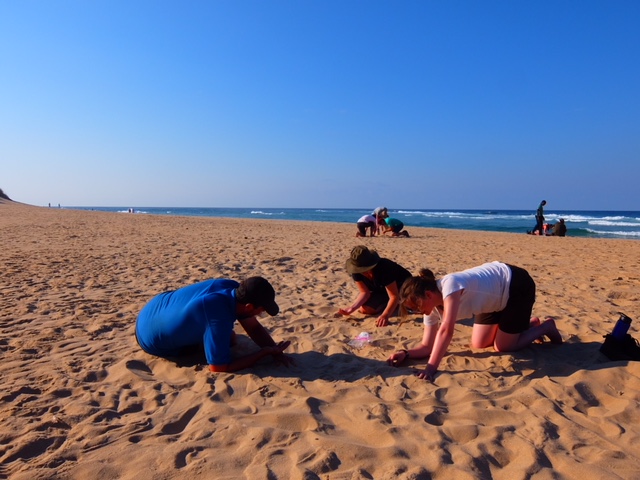
Ecosystem services and conservation in Tofo Mozambique
Ecosystem Services
The Scientific Journal called “Ecosystem services” is a very widely read and respected international journal covering issues that relate to… you guessed it… “ecosystem services”. To publish an article in this journal you need to do some unique scientific investigation, write it up in a scientific way with facts and figures and get it accepted by the journal as something relevant and interesting. Together with two colleagues from the University of Florida, Susan Jacobson and Bob McCleery, I have just published an article in this journal entitled:
Assessing contributions of volunteer tourism to ecosystem research and conservation in southern Africa
In this article, we explain the topic of volunteer tourism and take a look at how important it is in general and then more specifically for nature conservation in southern Africa. We conclude that volunteer tourism is a big deal and has grown in importance quickly over the past twenty years. We show that volunteer tourism offers many opportunities for doing good, particularly in under-funded areas such as Eswatini/Swaziland and Mozambique, but it can also have some negative impacts. Despite this, there have been few scientific studies that evaluate the outputs of volunteer tourism programs.
In this article, we take a look at the volunteers of a model volunteer tourism operation in southern Africa – our very own All Out Africa! We looked at the information of 2,085 volunteer tourists who had joined All Out Africa over a period of 8 years. We found that 77% were female, 59% were aged 17-22 years and 63% were from Europe.
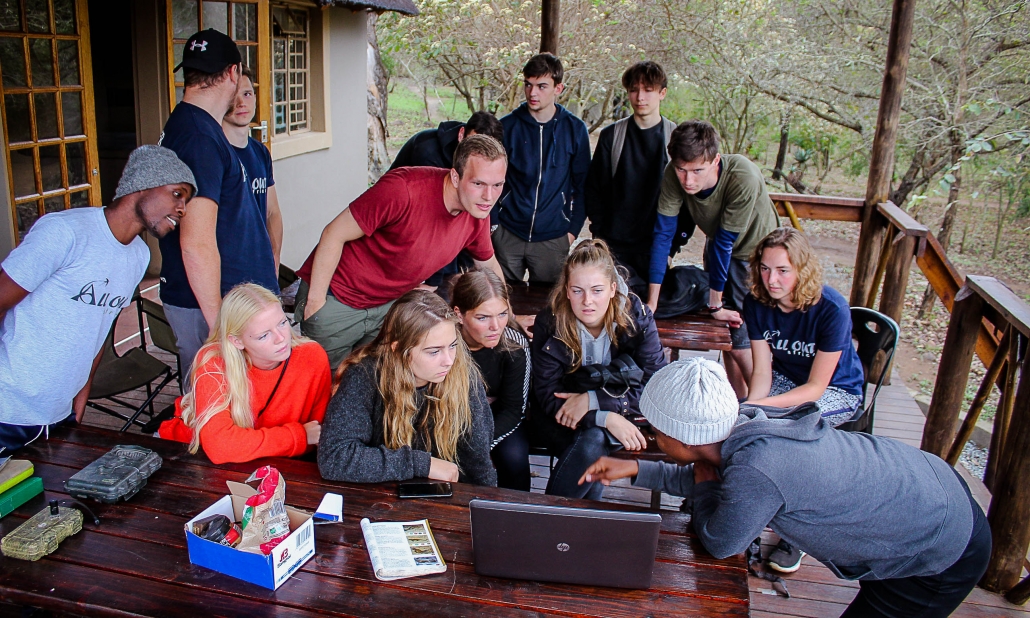
Students at the Savannah Research Centre in Eswatini (Swaziland)
Volunteer Tourism
We surveyed 304 of these volunteers to find out more about their experience and their motivations. We found that:
97% would recommend the experience
98% were motivated by gaining new skills and knowledge
88% were motivated by helping people
74% were motivated by helping the environment
In this article, we look at the outputs and inputs over an 8 year period of two of All Out Africa’s conservation projects – the Savannah project in Eswatini/Swaziland and marine project in Mozambique. Over 15,154 volunteer days were spent on these projects during this period. Outputs during this period include 52 scientific publications and 51 conservation actions that are listed in detail.
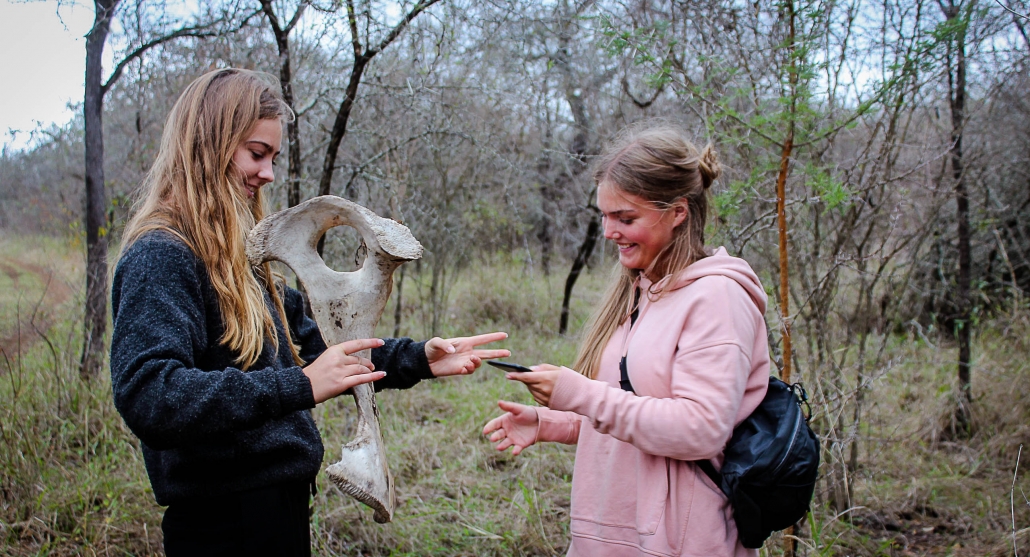
Conservation volunteers studying ecosystem services in Eswatini (Swaziland)
Conservation Impact
In this article, we present the project outputs in a framework to evaluate their conservation impact. We recommend that this framework can be applied to other programs to help make better assessments of how much good volunteer tourism projects are actually doing. We also present guidelines on how to do a better job of running volunteer tourism projects so that they do more good.
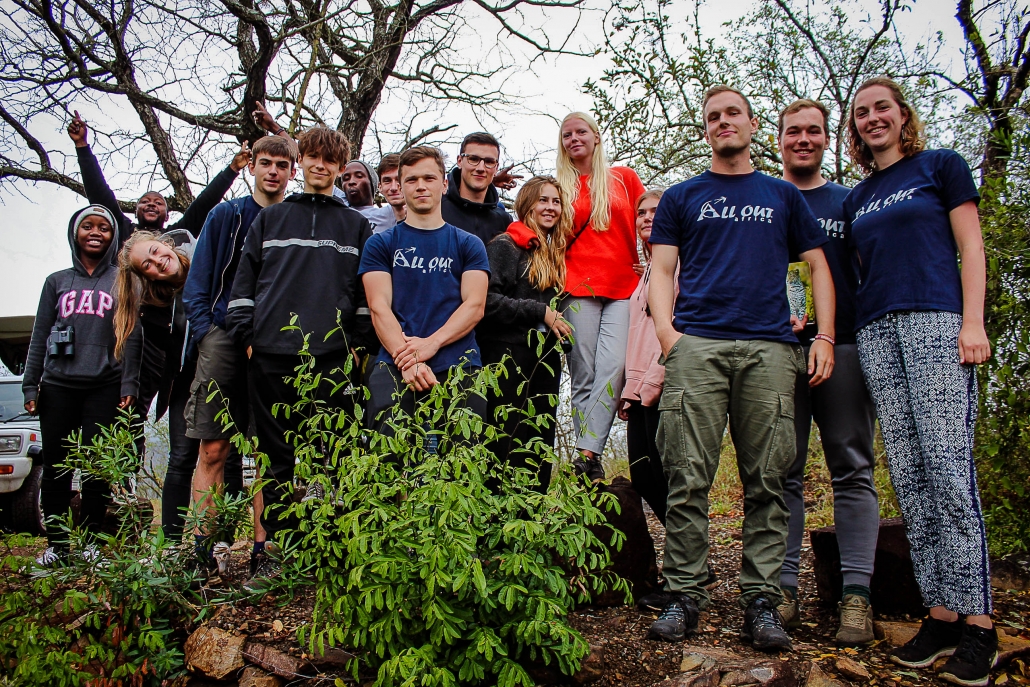
University students researching ecosystem services in southern Africa
The conclusion of this article is that volunteer tourism can make an important contribution to research and conservation, particularly in under-resourced regions but a lot depends on how it is managed. We hope it makes a useful contribution. For recent articles in the Journal of Ecosystem Services visit their website. The reference for this paper is:
Roques, KG, Jacobson, SK, & McCleery, RA, (2018). Assessing contributions of volunteer tourism to ecosystem research and conservation in southern Africa. Ecosystem Services 30. DOI: 10.1016/j.ecoser.2017.12.014

